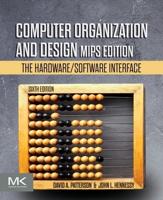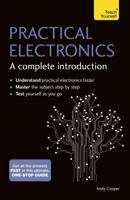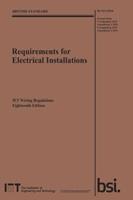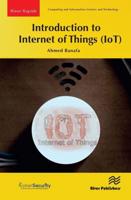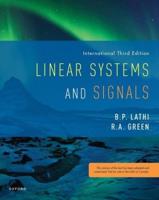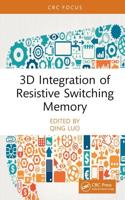Publisher's Synopsis
Field-Programmable Gate Arrays (FPGAs) have become one of the key digital circuit implementation media over the last decade. A crucial part of their creation lies in their architecture, which governs the nature of their programmable logic functionality and their programmable interconnect. FPGA architecture has a dramatic effect on the quality of the final device's speed performance, area efficiency and power consumption. FPGA Architecture: Survey and Challenges reviews the historical development of programmable logic devices, the fundamental programming technologies that the programmability is built on, and then describes the basic understandings gleaned from research on architectures. FPGA Architecture: Survey and Challenges starts with a brief overview of programmable logic to provide a context for the subsequent sections which review the history of programmable logic, and the underlying programming technologies. The following sections define the terminology of FPGA architecture, and then describe foundations and trends of logic block architecture and routing architecture including a discussion of power management techniques and related circuit design issues. A brief overview of the input/output structures and architectural questions in FPGAs is then presented followed by an explicit comparison between FPGAs and competing ASIC standard cell technology. It concludes with a review of some of the design challenges facing FPGAs and a look at emerging architectures for FPGAs. FPGA Architecture: Survey and Challenges is an invaluable reference for engineers and computer scientists. It is also an excellent primer for senior or graduate-level students in electrical engineering or computer science.

